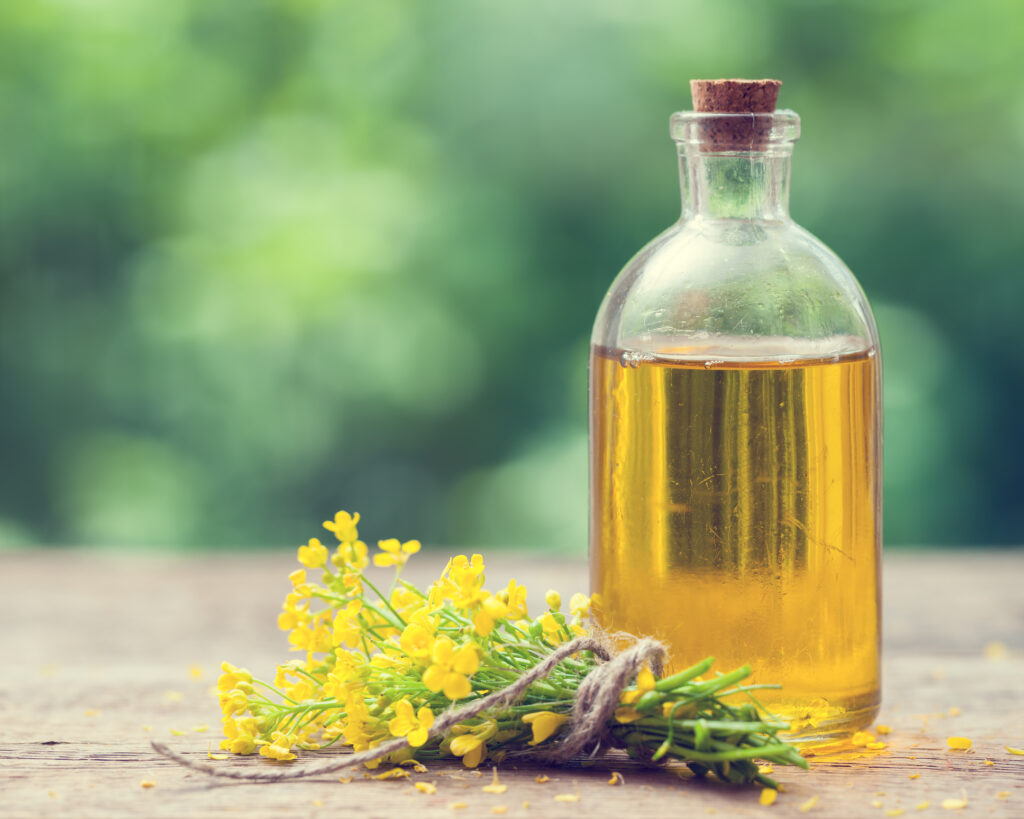Rapeseed
Rapeseed
Rapeseed (Brassica napus) is a vital flowering plant, prized for its oil-rich seeds. Cultivated in temperate climates, rapeseed yields canola oil, known for its low saturated fat and high nutritional value. Its bright yellow flowers and distinctive features categorize it into winter and spring varieties. Beyond oil extraction, rapeseed meal serves as nutritious livestock feed. The plant’s versatility extends to biodiesel production, contributing to sustainable energy. Rapeseed cultivation enhances soil quality, combating erosion, and genetically modified varieties offer pest resistance. While “rapeseed” remains in use, “canola” typically denotes low-erucic acid cultivars, emphasizing its adaptability for human consumption in diverse industries.


Health Benefit Of Rapeseed
Cardiovascular Health
Rich in omega-3 fatty acids, rapeseed promotes heart health by reducing cholesterol levels.
Antioxidant Properties
Contains antioxidants like vitamin E, protecting cells from oxidative stress and inflammation.
Brain Function
Omega-3s support cognitive function and may contribute to a lower risk of neurodegenerative diseases.
Bone Health
- High in calcium and magnesium, rapeseed aids in maintaining strong and healthy bones.
Anti-Inflammatory Effects
- Omega-3s help reduce inflammation, potentially benefiting conditions like arthritis.
Skin Health
- Vitamin E promotes skin health, preventing premature aging and supporting overall skin wellness.